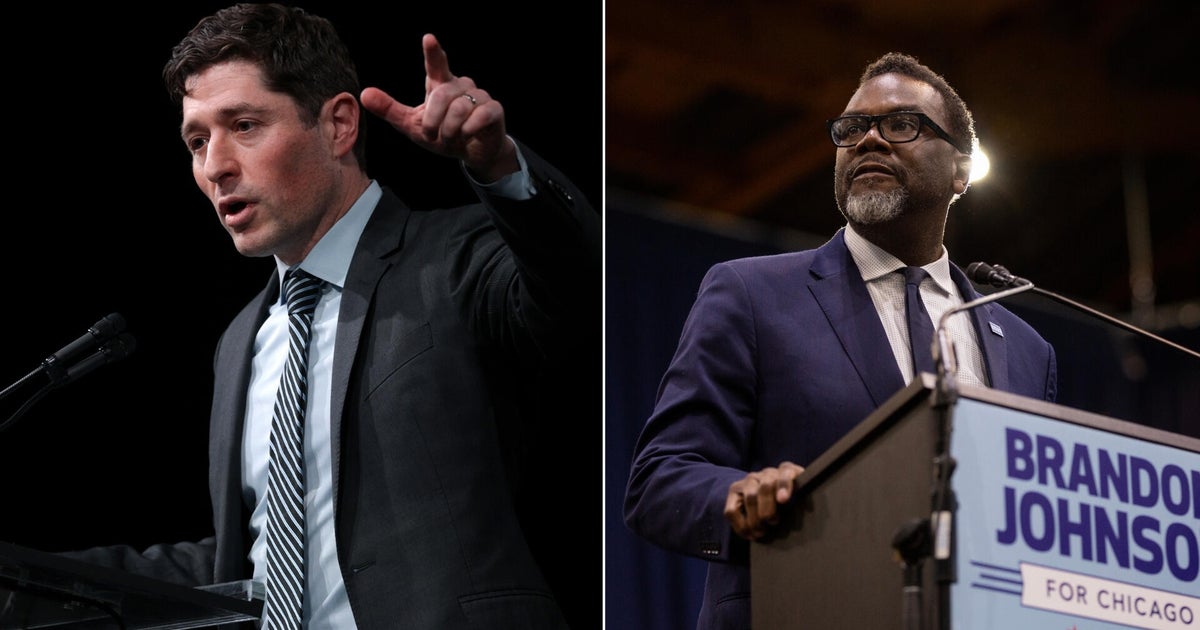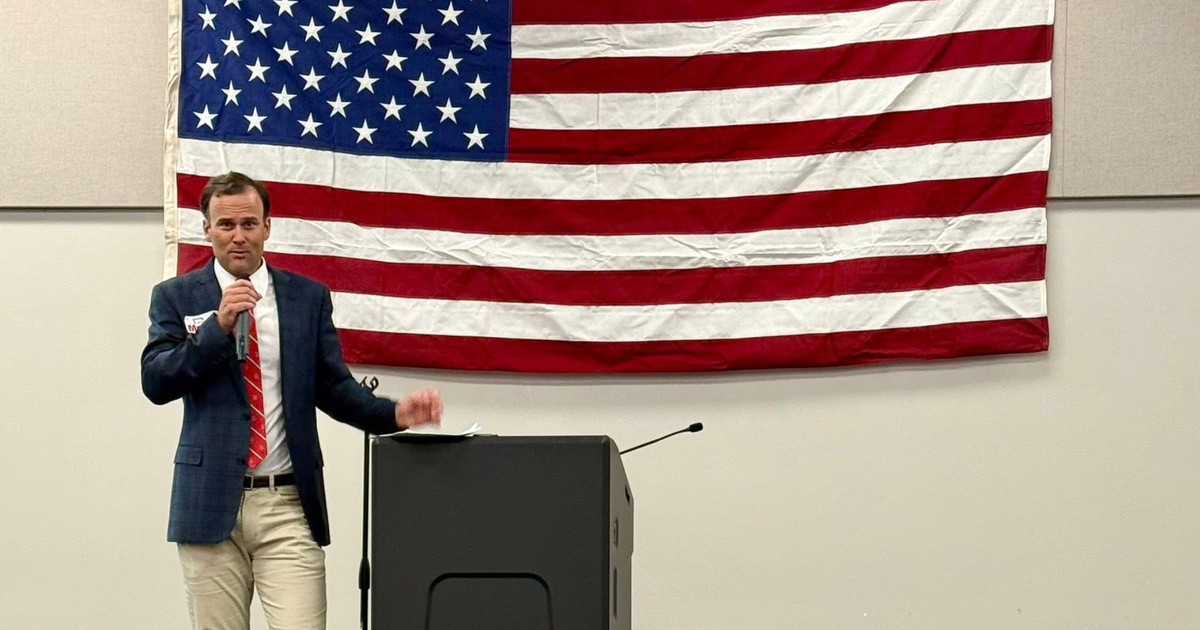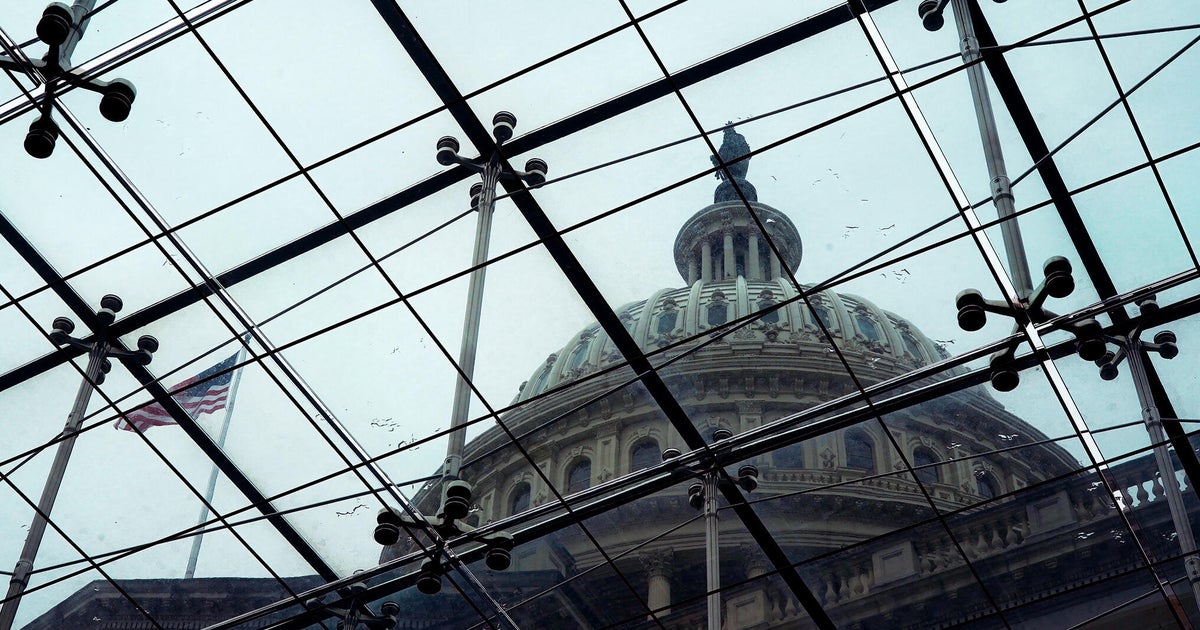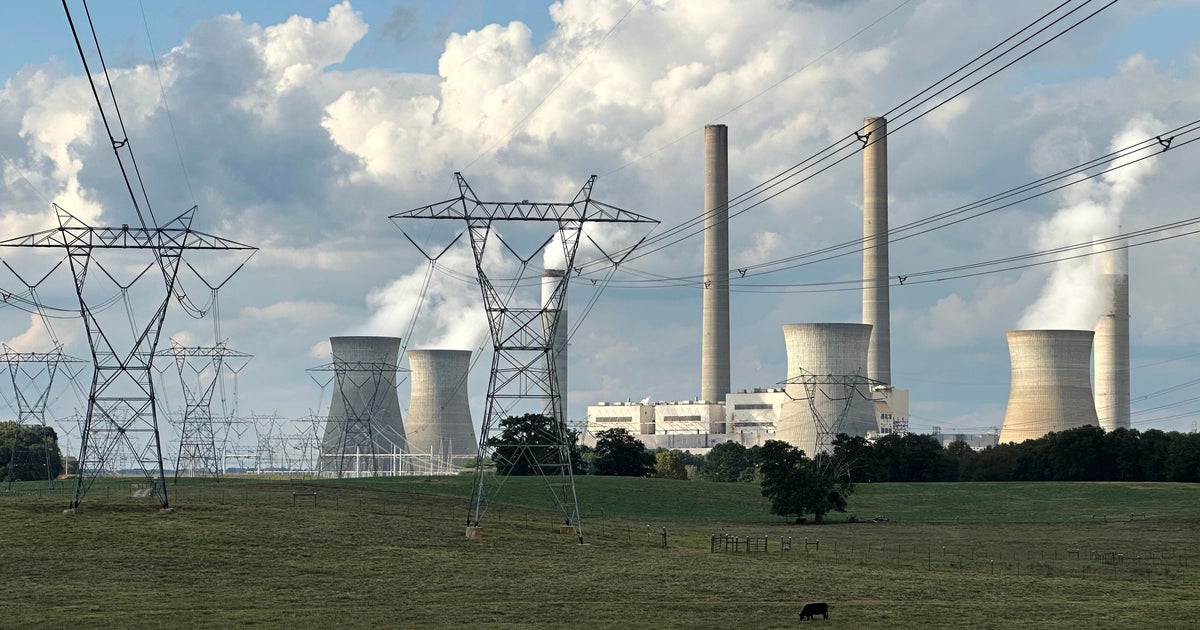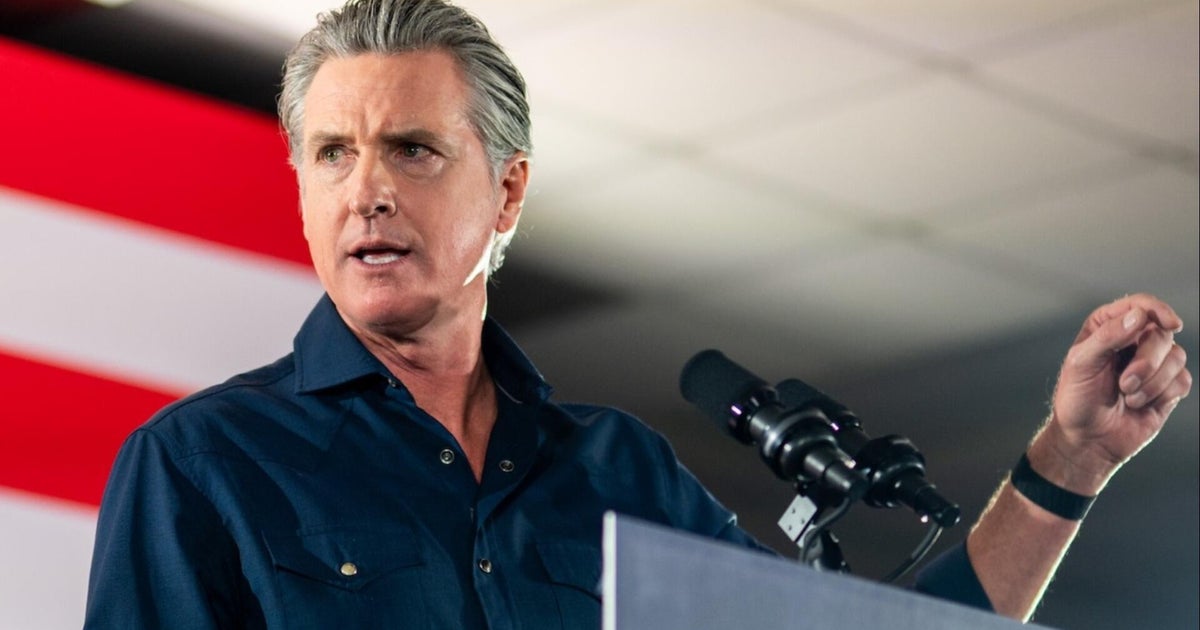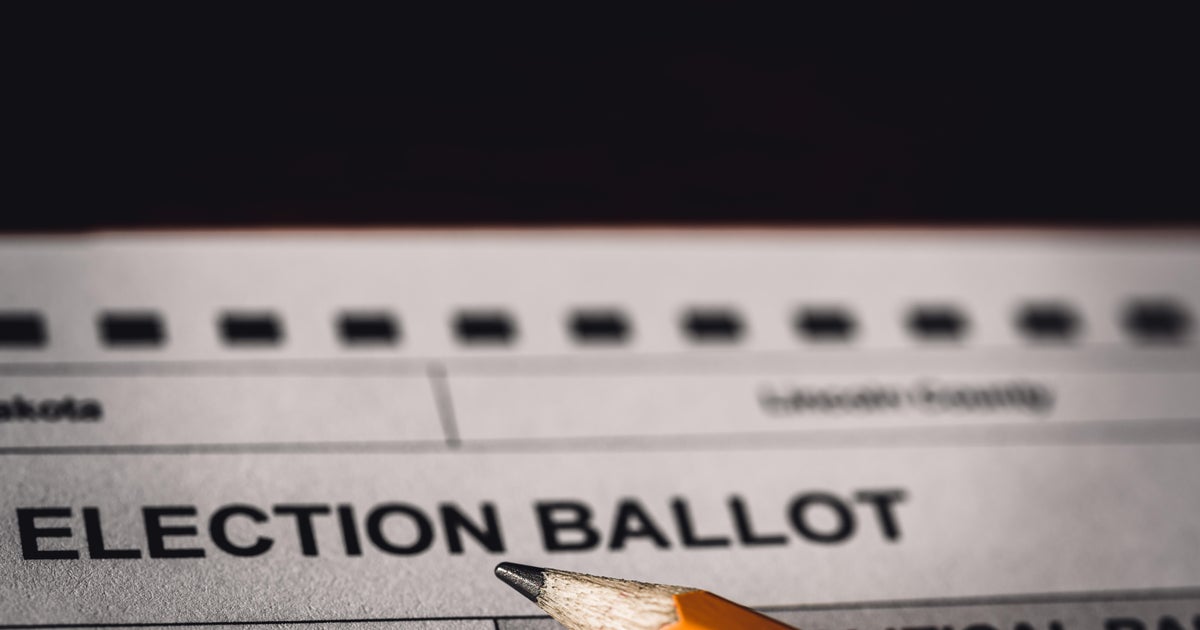California Voters Say Nation Headed Wrong Way, AP Survey Says
LOS ANGELES (AP) — A majority of voters casting midterm election ballots in California said the country is headed in the wrong direction, according to a wide-ranging survey of the American electorate.
As voters cast ballots for governor, U.S. Senate and members of Congress in Tuesday's elections, AP VoteCast found that roughly 7 out of 10 California voters said the country is headed in the wrong direction, compared with a little more than a quarter who said the country is on the right track.
2018 California Midterm Election Results
Tuesday's elections determined control of Congress in the final two years of Trump's first term in office.
Californians re-elected long-time incumbent Democratic U.S. Sen. Dianne Feinstein, rejecting her challenger, a Democratic state senator from Los Angeles. In the contest for governor, California voters elected a Democratic heavyweight over a Republican businessman who has never held elected office.
Democrats were seeking to win as many as seven GOP U.S. House seats as part of their bid to retake control of Congress.
Here's a snapshot of who voted and why in California, based on preliminary results from AP VoteCast, an innovative nationwide survey of about 139,000 voters and nonvoters — including 3,769 voters and 617 nonvoters in the state of California — conducted for The Associated Press by NORC at the University of Chicago.
___
RACE FOR SENATE
California voters granted Feinstein her fifth full term in the Senate. The 85-year old overcame a challenge from state Sen. Kevin de Leon, 51, who argued she hasn't been tough in confronting President Donald Trump.
Feinstein and de Leon received roughly even support among white voters. Whites with a college education leaned toward Feinstein and those without a college degree were divided.
Feinstein was preferred among black voters. Hispanic voters were divided. She also drew modest support from voters ages 45 and older, while those under 45 were divided.
Feinstein also drew strong support from women. Nearly 6 in 10 women voted for Feinstein, while about 4 in 10 voted for de Leon.
Voters who felt the country is headed in the wrong direction were also more likely to vote for Feinstein than de Leon.
Feinstein, whom voters first sent to Washington in 1992, won another six-year term in the Senate even though 8 in 10 California voters said they disapprove of the job Congress is doing.
California's primary system allows two members of the same political party to face each other in a general election.
Still, Feinstein drew the national spotlight this fall during the fiery confirmation battle over Supreme Court Justice Brett Kavanaugh. A California woman sent Feinstein a letter during the summer accusing Kavanaugh of sexually assaulting her in high school, which he denied.
Feinstein kept the letter confidential for weeks but later turned it over to the FBI. Trump and Republicans accused her of leaking the letter to the press in an attempt to derail Kavanaugh's confirmation.
___
RACE FOR GOVERNOR
California's race for governor ended with Democratic Lt. Gov. Gavin Newsom defeating Republican businessman John Cox.
Newsom defeated Cox with a pledge to spur a rapid bump in housing construction, bring about universal health care and help impoverished children. Cox focused his campaign relentlessly on California's high cost of living, blaming Newsom and the Democrats who control the Legislature and every statewide office.
Newsom will replace Gov. Jerry Brown, one of Trump's chief antagonists.
The former San Francisco mayor drew support both from voters under and older than age 45. Black and Hispanic voters were more likely to support Newsom. White voters overall were split over Newsom and Cox.
Whites without a college degree were also split over the two gubernatorial candidates. White college graduates modestly supported Newsom.
Among voters who backed Newsom, 85 percent wanted the health care law to be either left as is or expanded. Among voters who disapprove of Trump's job performance, roughly 8 in 10 supported Newsom.
The job was open because Brown is termed out. The 80-year-old Brown has been governor for 16 years, first from 1975 to 1983 and then again starting in 2011 after completing a remarkable political comeback.
Newsom, 51, had been strongly favored as the GOP has 3.8 million fewer registered voters in California.
___
TOP ISSUE: HEALTH CARE
Health care was at the forefront of voters' minds: A little more than a quarter of respondents named it as the most important issue facing the nation in this year's midterm elections.
Lawrence Reh, a retired writer who lives in the San Francisco Bay Area city of Alameda, is among those voters who cited health care as a key issue.
The 76-year-old said health care is "a human right," and the government has a responsibility to provide it.
"Nov. 7 will be an important day for me because if we don't make any progress in this election, I don't know where we'll go from here," Reh said.
Other key issues for Californians this election: About 1 in 5 considered the economy the most important issue, while about 1 in 5 named immigration.
The environment and gun policy were each top of mind for about 1 in 10 California voters.
___
STATE OF THE ECONOMY
California voters have a positive view of the nation's current economic outlook, with nearly 6 in 10 saying the nation's economy is good, compared with about 4 out of 10 who said it's not.
In California, the economy has been growing, surpassing that of the United Kingdom earlier this year to become the world's fifth largest.
The state has enjoyed more than eight straight years of employment increases, California's second-longest expansion since World War II. The jobless rate slid to a record low 4.1 percent in September and the state's rural and agricultural areas are seeing historically low unemployment.
Still, California's high cost of living is driving both employers and employees out of state or to cheaper areas within California.
For Richard and Aleshia Murphy, a couple who lives in Lakewood, just south of Los Angeles, the economy was the No. 1 issue that motivated them to vote.
"I want to keep things going," said Richard Murphy, a Republican train operations manager. "My work feels the booming economy. We're hiring more people, all positions, from the bottom to the top."
___
TRUMP FACTOR
A majority of voters in California had negative views of President Donald Trump: Some 7 out of 10 said they disapprove of how he is handling his job as president, while a little more than a quarter said they approve of Trump.
About 5 in 10 said they voted to express opposition to the president, while fewer than 1 in 5 said that they went to the polls to show their support for Trump. Another third of California voters said Trump was not a factor they considered when casting their votes.
Opposition to Trump motivated Theresa Hunter of Lake Forest, California, to vote for Democrats.
"I voted blue all the way," said Hunter, a 65-year-old retired salesperson. "He was a cult figure. He was not a leader."
More than 60 percent of the votes cast in California during the 2016 presidential election went for Hillary Clinton.
With the aid of a majority in the state Legislature, Gov. Jerry Brown has taken a combative stance against Trump and his policies on immigration, health care and the environment.
___
CONTROL OF CONGRESS
Tuesday's elections determined control of Congress in the final two years of Trump's first term in office. About 7 out of 10 California voters said which party will hold control was very important as they considered their vote. Another 1 in 5 voters said it was somewhat important.
Californians were casting votes to fill 53 seats in the House of Representatives and one in the Senate. Democrats were targeting a string of GOP-held districts in California that were carried by Hillary Clinton in the 2016 presidential election. Four of those seats are completely or partly in Orange County, a one-time GOP stronghold.
Patrick Louie, a government analyst who voted Friday near the California Capitol in Sacramento, said he filled out his ballot this year with the intention of putting a check on Trump.
The 67-year-old Democrat said he doesn't think Congress is doing enough to push back against Trump and that the government is very divided.
"I think it reflects on, not only the Republicans, who I think are more self-interested, as well as the president, who I don't believe has the best interests of the country in his mind," Louie said.
Still, Louie was also pressing for change among the Democrats in the U.S. Senate. He voted for de Leon because the state senator is a generation younger than Feinstein.
"(It's) time to bring a new perspective to the Senate," he said. "I know we're giving up some seniority, but somewhere along the line we have to make the switch. I think this is a good time."
___
STAYING AT HOME
In California, some 7 in 10 registered voters who chose not to vote in the midterm elections were younger than 45. A wide share of those who did not vote, nearly 8 in 10, did not have a college degree. More than 4 in 10 nonvoters were Democrats, while about 1 in 5 were Republicans.
___
AP VoteCast is a survey of the American electorate in all 50 states conducted by NORC at the University of Chicago for The Associated Press and Fox News. The survey of 3,769 voters and 617 nonvoters in California was conducted Oct. 29 to Nov. 6, concluding as polls close on Election Day. It combines interviews in English or Spanish with a random sample of registered voters drawn from state voter files and self-identified registered voters selected from opt-in online panels. Participants in the probability-based portion of the survey were contacted by phone and mail, and had the opportunity to take the survey by phone or online. The margin of sampling error for voters is estimated to be plus or minus 1.9 percentage points. All surveys are subject to multiple sources of error, including from sampling, question wording and order, and nonresponse. Find more details about AP VoteCast's methodology at http://www.ap.org/votecast.
___
Online:
For AP's complete coverage of the U.S. midterm elections: http://apne.ws/APPolitics
___
Associated Press writers Amanda Lee Myers in Los Angeles, Jocelyn Gecker in San Francisco, Sophia Bollag in Sacramento, California, and Amy Taxin in Tustin, California, contributed to this report.

